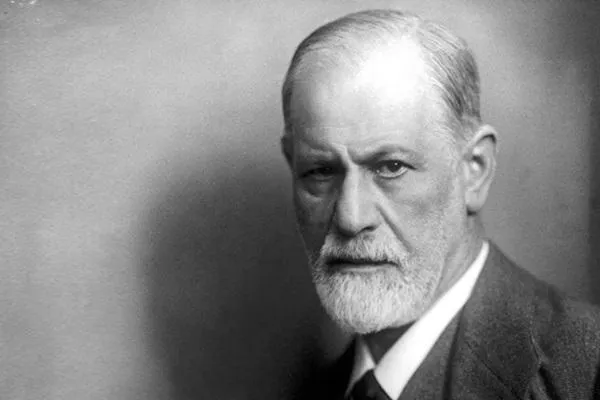
Conflict and Compassion
I don’t smoke cigars, but I do think Freud deserves more credit than he often gets. My IFS coaching clients are often curious about Freud—and who wouldn’t be? Satire of the nutty Austrian is evergreen. And psychoanalysis represents a whole climate of thought. So I thought I’d extend the newsletter today to clarify how IFS (Internal Family Systems) and psychoanalysis dovetail, interact, and part ways.
Both Freud and IFS ask us to look beyond the surface of our emotions and actions. And both, in different ways, aim to help us make peace with our wilder, stranger, more unpredictable sides.
Freud’s model of the mind gave us the id, ego, and superego. The id, Freud maintained, is the source of instinctual drives. The superego is the internalized moral authority. And the ego mediates between them.
IFS describes the mind as made up of many subpersonalities that each have their own feelings, beliefs, and jobs. In IFS, these “parts” fall into rough categories: managers (who keep us functional and controlled), firefighters (who distract us or numb our pain), and exiles (younger parts that carry our deepest wounds).
While Freud’s system centers on intrapsychic conflict, IFS centers on unconditional bonding between parts and a wise, loving soul inside us all that it calls the Self.
Three words can be yours.
Clarity. Courage. Commitment.
Click here to sign up for a 90 Minute Breakthrough Session with Angie
A key insight in Freud’s work—one that often gets lost—is his belief that the individual is inseparable from society. He argued that the process of joining a society requires the repression of instinctual drives.
IFS picks this up in a modern key. Many of our manager parts—the ones that drive us to be successful, beautiful, morally upright—are not just protecting us from pain, they’re trying to help us survive inside a culture that demands certain performances. These parts may carry burdens: the belief that we must always be busy, in control, successful. On the surface, these norms change kaleidoscopically. But our internal systems don’t always catch up.
Having done extensive attachment-oriented psychoanalysis myself, I believe Freud gave me invaluable gifts. (I’ll talk about John Bowlby in my next newsletter 🙂.) His legacy lives on in how I work as an IFS coach—especially when I think about how early experiences shape the parts that show up in adulthood.
Freud was, of course, the pioneer of the unconscious—the idea that much of our mental life is hidden from awareness. IFS also recognizes that we’re unaware of much of our inner world. But instead of seeing this as evidence of pathology, IFS sees that the parts operate autonomously—and impressively. Their actions aren’t signs of dysfunction, but of a past protective adaptation to circumstances.
Where Freud might say, “You’re anxious because you’ve repressed a forbidden desire,” IFS might say, “There’s a part of you that’s trying very hard to protect another part that’s still in pain.”
Freud famously believed therapists should be a “blank screen,” allowing the client to reveal unconscious patterns of attachment, authority, and desire. IFS, on the other hand, is actively relational. The therapist supports the client in accessing their own Self—the compassionate internal leader capable of healing. Rather than analyzing, we IFS coaches facilitate a direct connection between the Self and the parts.
Both approaches hold that the counselor-client relationship is a crucible for transformation.
Freud wanted to make the unconscious conscious; IFS wants to help the Self connect with all parts and take the lead.
Freud gave us the courage to look inside. IFS gives us the tools to listen kindly.
Both ask us to be curious. Both want us to live with more freedom. And both remind us that the mind is not an enemy, but a mystery—a landscape of forces that, with care and attention, can move toward flourishing.
hanks so much for listening!
Warm regards,

P.S. Are you interested in diving deep and learning about the different parts of you? Click here to sign up for a 90 Minute Breakthrough Session with me.
